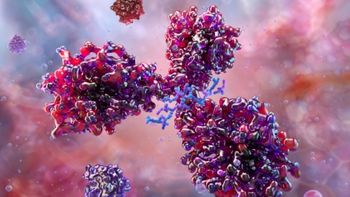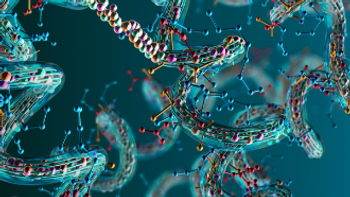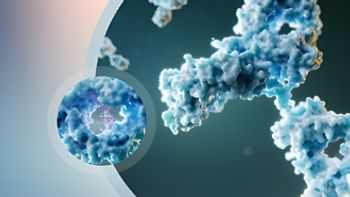
Multi-Column Continuous Chromatography for Process-Intensified Capture and Polishing of Monoclonal Antibodies
Dr. Grabski discusses why MCC offers significant economic advantages over traditional batch chromatography methods for purification of monoclonal antibodies. Live: Tuesday, Nov. 19, 2019 at 11am EST | 8am PST | 4pm GMT | 5pm CET Register free
Register Free:
Event Overview:
Multi-column continuous chromatography (MCC) offers significant economic advantages over traditional batch chromatography methods for purification of monoclonal antibodies (mAbs), including increased productivity, reduced resin and buffer requirements, and faster process time. The protein A capture step is a primary target to apply MCC due to its high cost, which is driven even higher as improvements in upstream processing have produced a steady increase in mAb titers. The benefits of MCC can also be realized in downstream polishing steps using ion exchange, mixed mode, hydroxyapatite, and hydrophobic interaction chemistries. This webcast will review the key factors in designing an MCC process focusing on protein A capture and ion exchange polishing steps.
- Protein A capture productivities exceeding 150 g mAb/L resin/h were achieved at lab scale with CHO cell culture fluid. Results demonstrated that the MCC process achieved more than three-fold higher productivity than the optimized batch process
- Both anion and cation exchange polishing have been converted from batch to MCC in a step toward the realization of a completely continuous biomanufacturing platform. Results including process yields, product quality, buffer utilization, and process productivities will be presented
Key Learning Objectives:
- Learn about multi-column continuous chromatography (MCC) methods for purification of monoclonal antibodies
- Understand why MCC offers significant economic advantages over traditional batch chromatography methods for purification of monoclonal antibodies
- Discover how polishing steps can be converted from batch to MCC to establish a completely continuous biomanufacturing platform
Speaker: Dr. Anthony Grabski, Director of Research and Development, Semba Biosciences, Inc.
Date and Time: Tuesday, Nov. 19, 2019 at 11am EST | 8am PST | 4pm GMT | 5pm CET
On demand available after final airing until Nov. 19, 2020
Sponsor: Tosoh Bioscience LLC
Register Free:
Newsletter
Stay at the forefront of biopharmaceutical innovation—subscribe to BioPharm International for expert insights on drug development, manufacturing, compliance, and more.




